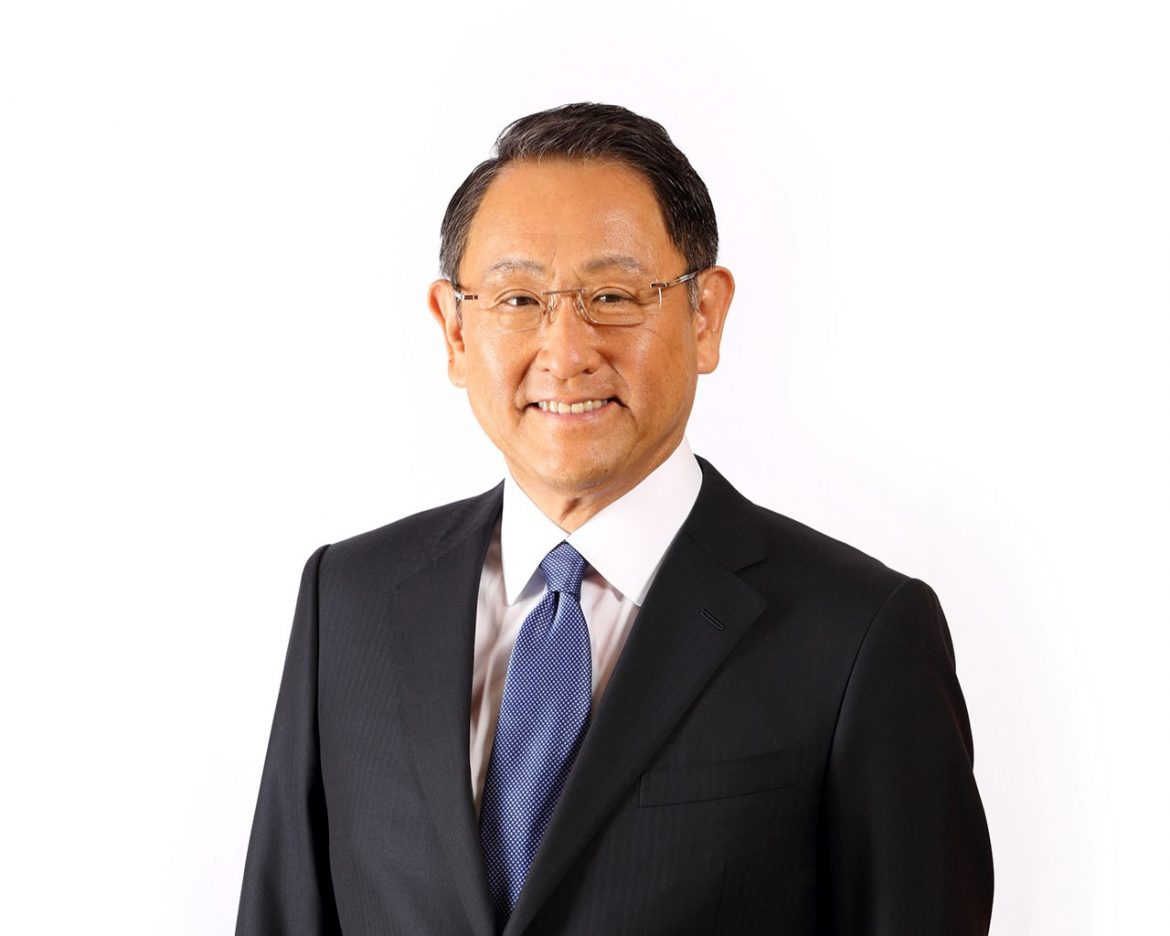Toyota Motor Corporation’s Chairman, Akio Toyoda, is up for re-election at the automaker’s annual general meeting (AGM) on Tuesday. While he is likely to secure re-election, recent scandals and declining shareholder support suggest increasing pressure for governance reforms.
The AGM follows a series of certification test violations at Toyota and its subsidiaries, including Daihatsu and Hino Motors. These incidents have drawn criticism from proxy advisory firms Institutional Shareholder Services (ISS) and Glass Lewis, who have recommended against Toyoda’s re-election due to concerns over governance and board independence.
Declining approval rating
Toyoda’s approval rating dropped to 85% last year from 96% in 2022. Despite this decline, he only needs a majority to be re-elected. The grandson of Toyota’s founder, Toyoda has been a board member since 2000, making him the longest-serving director. He is expected to receive support from individual investors, suppliers, and Toyota group companies.
Expert opinions on governance concerns
James Hong, head of mobility research at Macquarie, commented, “I don’t assume Akio Toyoda-san is not being re-appointed. The decreasing approval rate is a warning sign for management.” Hong suggested that Toyota might accelerate efforts to unwind cross-shareholdings, particularly in non-automotive companies like finance firms or telecoms giant KDDI, to address governance criticisms.
Proxy advisors’ recommendations
ISS criticised Toyota’s handling of certification irregularities, holding Toyoda “ultimately accountable” for these errors. ISS emphasised the need for robust compliance mechanisms under the board’s leadership. Similarly, Glass Lewis recommended against Toyoda’s re-election for a second consecutive year, citing concerns about the board’s independence, strategic shareholdings, and return on equity.
Toyota’s response to criticisms
In response to the proxy advisers’ recommendations, Toyota stated that acknowledging and rectifying mistakes is deeply embedded in its corporate culture. The company emphasised that Toyoda would lead efforts to reinforce this culture and enhance governance across the Toyota group.
Market Reactions and Financial Performance
Toyota’s shares have dropped 10% since the latest scandal emerged earlier this month. Despite this, the stock remains up 17% for the year, outperforming the broader market. Last year, Toyota retained its position as the world’s top-selling car maker for the fourth consecutive year, driven by a weak yen and increasing hybrid vehicle sales. The company also reported a record profit for the fiscal year ending in March.
Potential reforms and future steps
The outcome of the vote will be announced on Tuesday, but the approval rate will not be disclosed until Wednesday. If re-elected, Toyoda may face pressure to implement significant governance reforms. Potential actions could include enhancing board independence, improving compliance mechanisms, and reducing cross-shareholdings in non-core businesses.
Toyota’s upcoming AGM will be a critical moment for Akio Toyoda and the company’s governance practices. While Toyoda is expected to be re-elected, the decreasing shareholder support and recent scandals highlight the need for stronger governance and compliance measures. As Toyota navigates these challenges, its ability to maintain investor confidence and uphold its market leadership will be closely watched.



